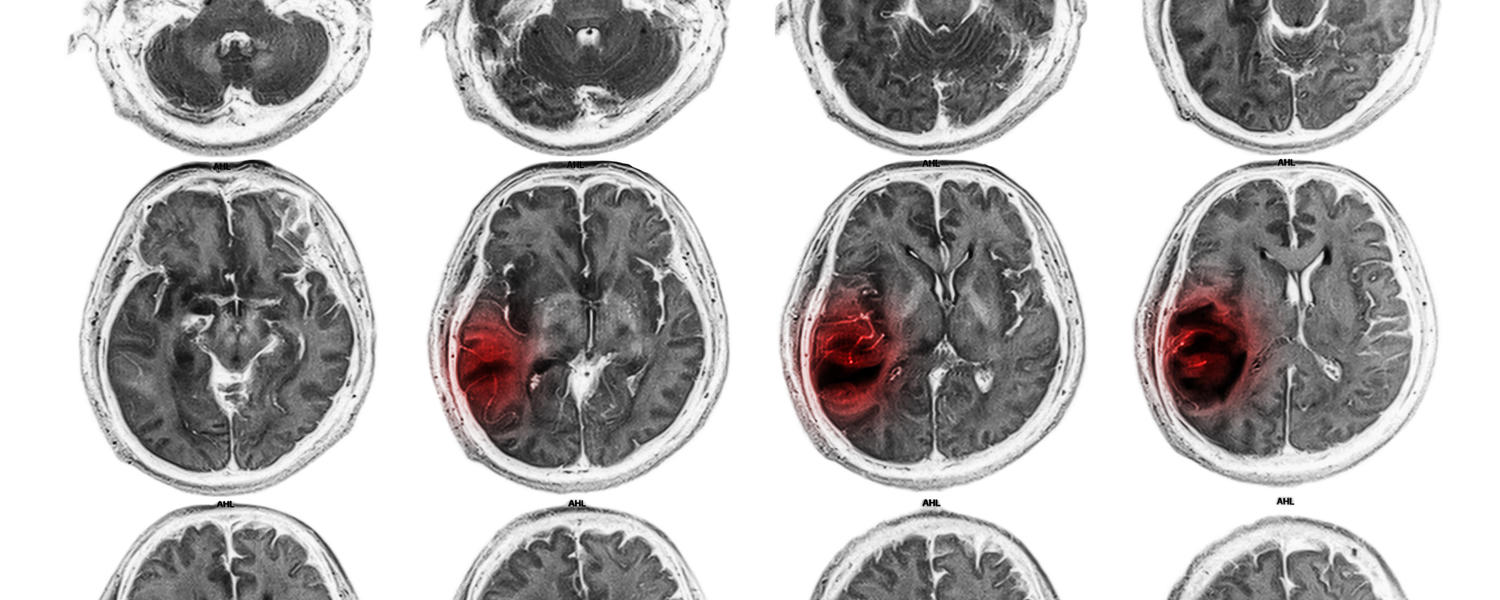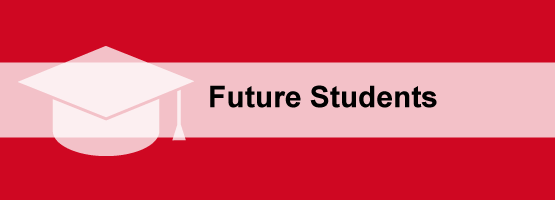
Neuroscience
We at the University of Calgary have established a world class, forward-looking, research intensive training program in collaborative, team-based neuroscience research.
The Neuroscience graduate program consists of ~100 graduate students and their supervisors located in labs throughout the University of Calgary. We are governed by the Faculty of Graduate Studies and work collaboratively with the Hotchkiss Brain Institute, as well as the Faculties of Medicine, Science, Kinesiology and Engineering to provide research intensive PhD's and MSc's in neuroscience.
The Hotchkiss Brain Institute was established at the University of Calgary in 2004, and ever since brings together nearly 100 neuroscientists and clinician scientists from across the University of Calgary. Faculty encompass all CIHR pillars, including experts in population health, clinical investigators, translational scientists and basic science researchers. Graduate students benefit daily from this rich milieu and contribute directly to it through trainee-led initiatives sponsored through the HBI Trainee organization (HBITO).
Program Streams
Applicants to the MDNS Graduate Program can apply to thesis based programs:
Optional Graduate Interdisciplinary Specializations
An optional graduate interdisciplinary specialization (comparable to a "minor") in one of either Computational Neuroscience or Medical Imaging may be declared either at the time of application or added later on at some point before the end of a successfully admitted neuroscience graduate student's second year/24th month of study, if interested; electing to declare a specialization is not a graduation requirement at this time. These specializations will entail their own curriculum of extra courses (will vary, depending on student's primary program stream) which must be completed on top of the MSc or PhD neuroscience degree's calendar-mandated base course requirements:
MDNS course inquiries can be emailed to gsecourses@ucalgary.ca
Journal Clubs
Joining and presenting at a Journal club is an annual program requirement (minimum of 1) for all active Graduate Neuroscience Program students for every passing enrolment year, both up-to and including one's eventual final defense year. The primary focus of these presentations are to facilitate guided discussions with their peers around a selected scholarly publication (that is relevant to the club) to help draw direct links and conceptual connections between current and future practices as graduate student researchers in the medical/life sciences. For further details regarding club availability and their respective sign-up processes, please visit:
- The HBI Trainee Organization's (HBITO) Journal Clubs webpage; or
- The ACHRI Trainee Association's (ACHRITA) Events Page (see Journal Clubs drop-down tab)
Acceptable Alternates: In the event of limited presentation slot availabilities/scheduling challenges with one's current HBITO or ACHRITA JC of membership, the MDNS program will permit the student to present at other JCs that are overseen by another UCalgary research group/institution, departmental unit, or faculty with whom their supervisors hold member affiliation with to open up greater flexibility (e.g. the Libin Cardiovascular Institute, the Department of Emergency Medicine, the Faculties of Veterinary Medicine or Kinesiology, etc.)
Graduate Research-In-Progress (GRIP) Presentations
It is a program requirement for all active Graduate Neuroscience Program students to conduct a minimum of 1 GRIP presentation during every passing program year, up-to and including their eventual final defense year.
GRIPs can be satisfied through 1 of the following 4 avenues:
- (PREFERRABLE)
- A Hotchkiss Brain Institute Trainee Organization (HBITO)-coordinated GRIP – Contact the HBITO (hbito@ucalgary.ca) directly for upcoming GRIP presenter opportunities.
- An ACHRITA-coordinated GRIP (which includes the Owerko Centre for Neurodevelopment and Child Mental Health) – Consult the ACHRITA Events Page (see Seminars drop-down tab) or contact ACHRITA (achrita@ucalgary.ca) directly for upcoming GRIP presenter opportunities.
- Acceptable Alternates, if scheduling an HBITO or ACHRITA-coordinated GRIP is challenging due to either limited availability or scheduling conflicts:
- (ALTERNATE GRIPs I) Seminar sessions hosted by an internal UCalgary research unit (e.g. the Inflammation Research Network, the One Health Research Group, the Microbial Research Group, etc.).
- (ALTERNATE GRIPs II) Oral presentations/platform talks at an external national or international scientific conference, disciplinary society meeting, retreat, etc., under the conditions that they are ~15 minutes in duration – ± 5 minutes, depending on the size of the audience (i.e. 10 minutes for significant, large-scale events, or 20 minutes for local multi-lab focus groups) – and conducted towards gatherings of other researchers/lab-supported research groups, rather than the general public.
- (ALTERNATE GRIPs III) Inter-lab oral presentations with another UCalgary research lab. Audience must be external to student's home lab.
The intent of the annual GRIPs is for the student to gain valuable experience at presenting key portions of their developing research project to fellow members of the scientific research community with whom they do not interact with on a regular basis (serves as great practice in preparation for one's eventual graduate program oral examinations).
This unfortunately means that neither the student’s regular internal lab meetings nor exhibit-style poster presentations will count as GRIP-appropriate.
Mark Matias
Graduate Program Administrator
neurosci@ucalgary.ca
Drs. Grant Gordon & Jonathan Epp
Graduate Program Co-Directors




